To help Aboriginal and Torres Strait Islander corporations understand what Data Sovereignty means and why it matters...
Mediation at Halls Creek

In the 1990s in Halls Creek – a small town in the East Kimberley, Western Australia – a feud between the women in two Aboriginal families was resolved through a process of co-mediation.
The mediation involved a panel of three co-mediators – two Indigenous men and one Indigenous woman. They were supported by the Western Australian Police, the Aboriginal Legal Service (ALS), the East Kimberley Aboriginal Justice Council (AJC) and the local Magistrate.
As well as restoring peace, the co-mediation process resulted in criminal charges being withdrawn against the families. Several people involved in the dispute – including an Aboriginal Police Liaison Officer and an ALS Field Officer – agreed to set up a mediation process with the families. The panel was carefully selected to make to include a mix of gender, skills and experience. The mediators were from the East Kimberley region, were held in high esteem by their communities, and had local knowledge of the families involved.
Over a period of two to three weeks, the families consented to the mediation process. They were reassured the process would be fair and everyone would have equal opportunity to have their say.
The mediation process was informal. There was no documentation or written agreements from either family. Discussions took place at a neutral location – the Halls Creek courthouse – rather than at one of the several Aboriginal organisations in Halls Creek.
The process began with separate meetings with family members – including the grandmothers, mothers and the girls.
Families had time after each meeting to discuss matters among themselves. This also gave mediators a chance to assess progress and to review their strategy.
The mediation concluded with a discussion between all family members and mediators. The families confirmed that peace had been made.2Toni Bauman, Juanita Pope, David Allen, Margaret O’Donnell and Rhiân Williams, Federal Court of Australia’s Indigenous Dispute Resolution & Conflict Management Case Study Project, Solid work you mob are doing: Case studies in Indigenous dispute resolution & conflict management in Australia, report to the National Alternative Dispute Resolution Advisory Council (Barton, ACT: National Alternative Dispute Resolution Advisory Council, 2009).

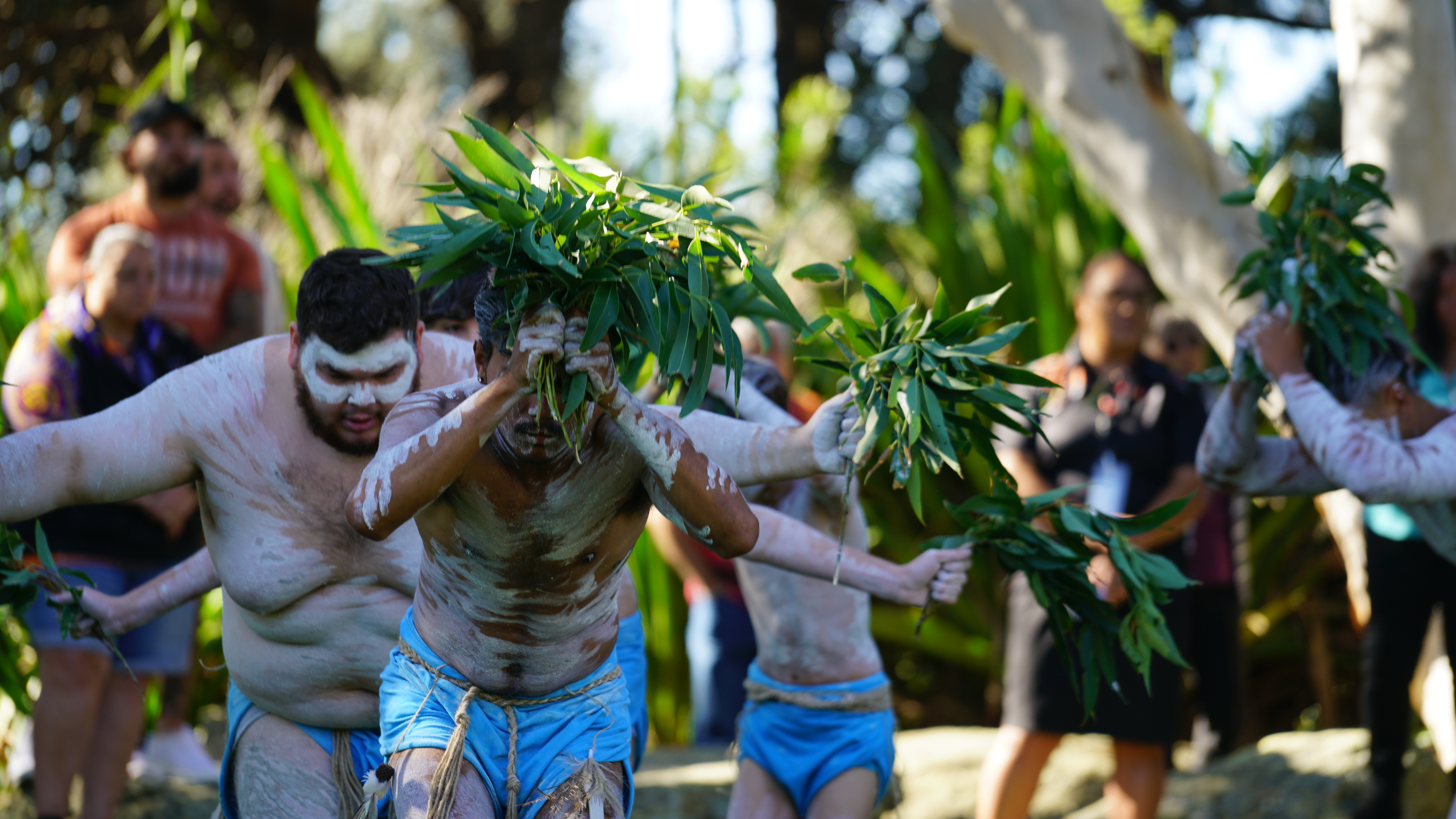
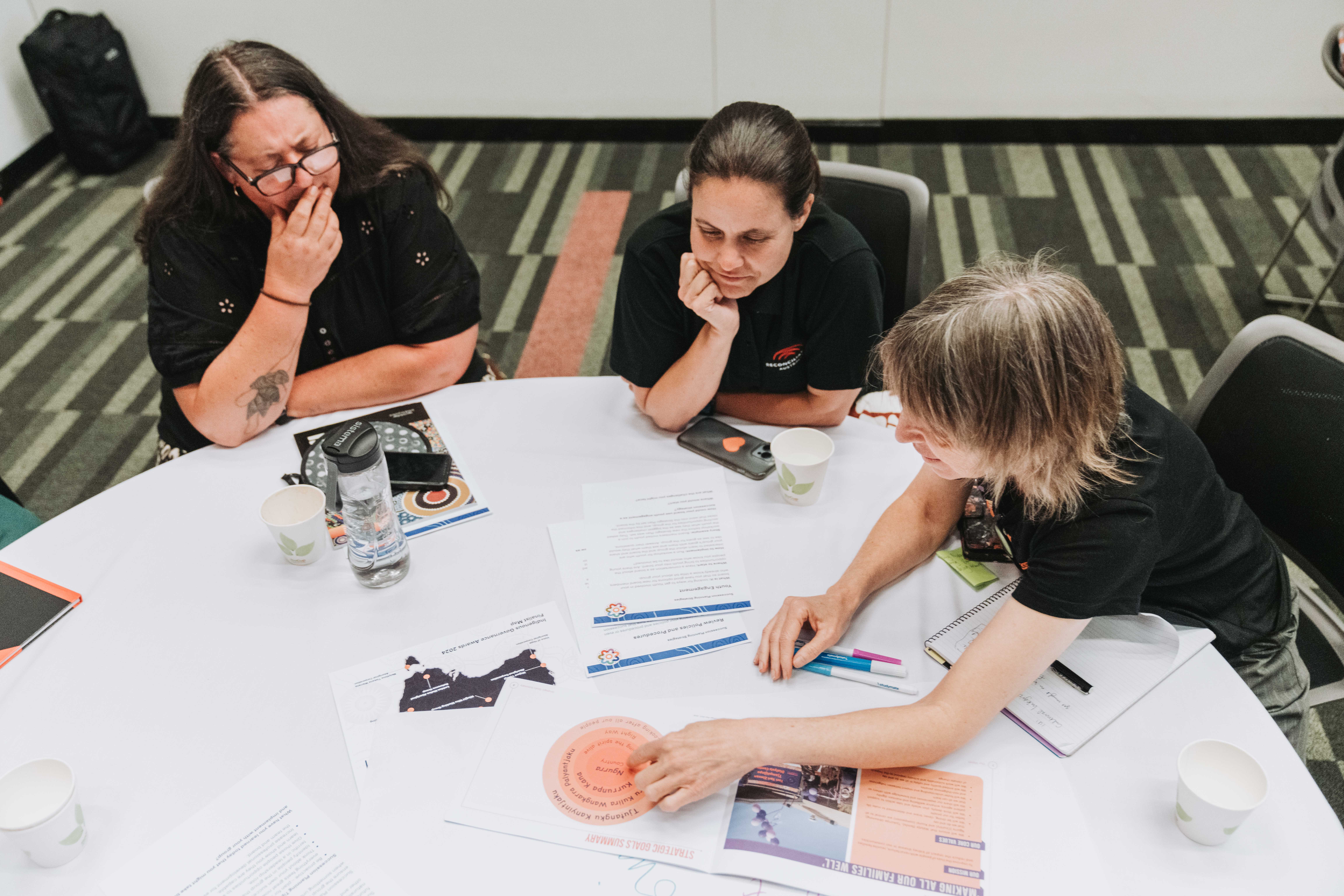
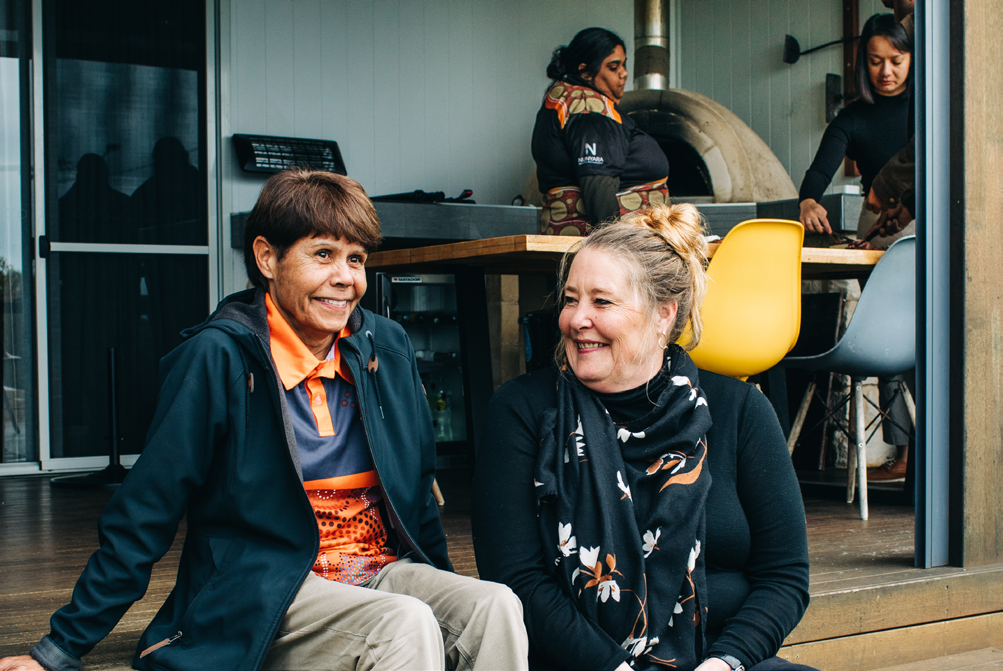
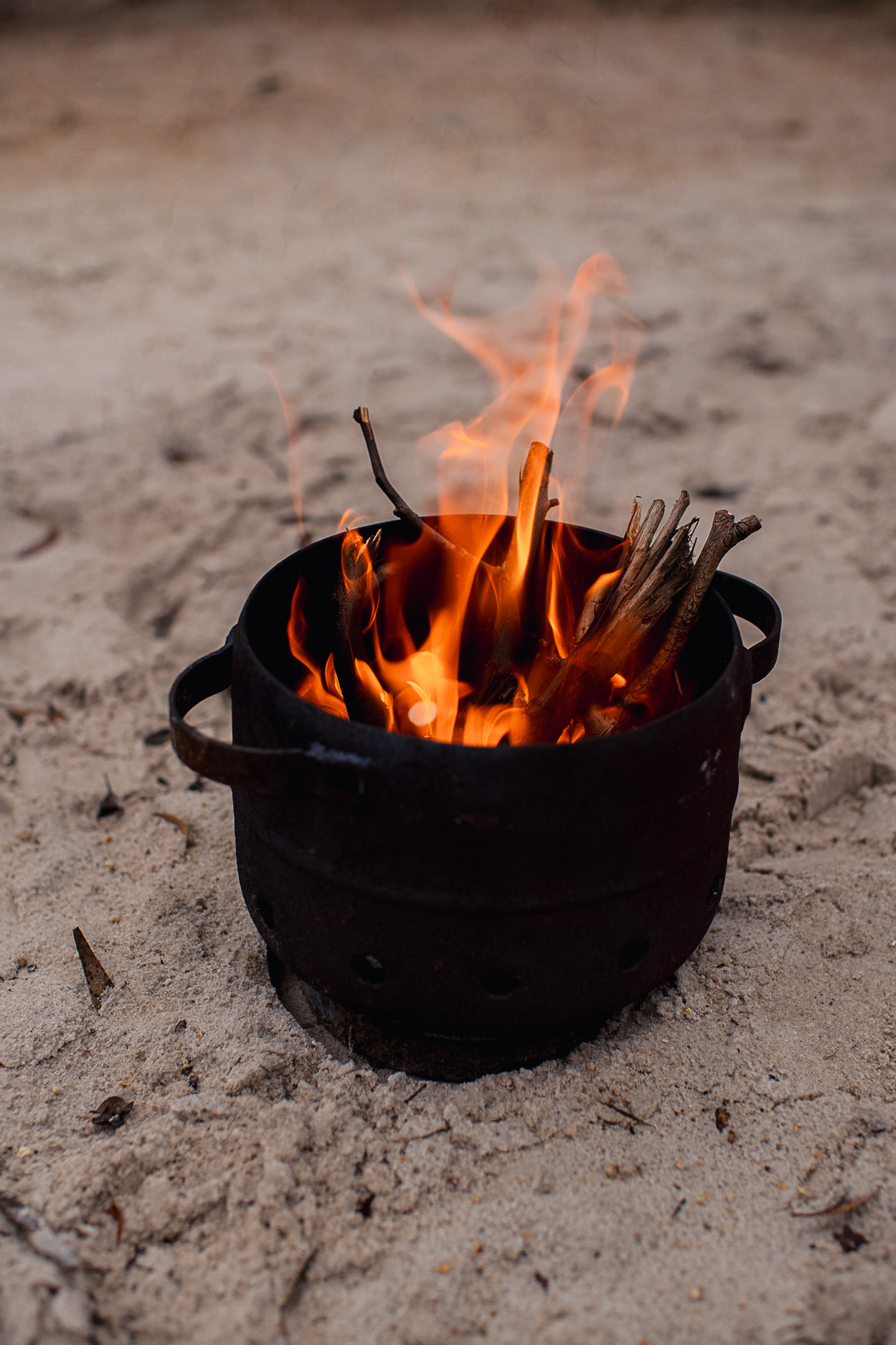
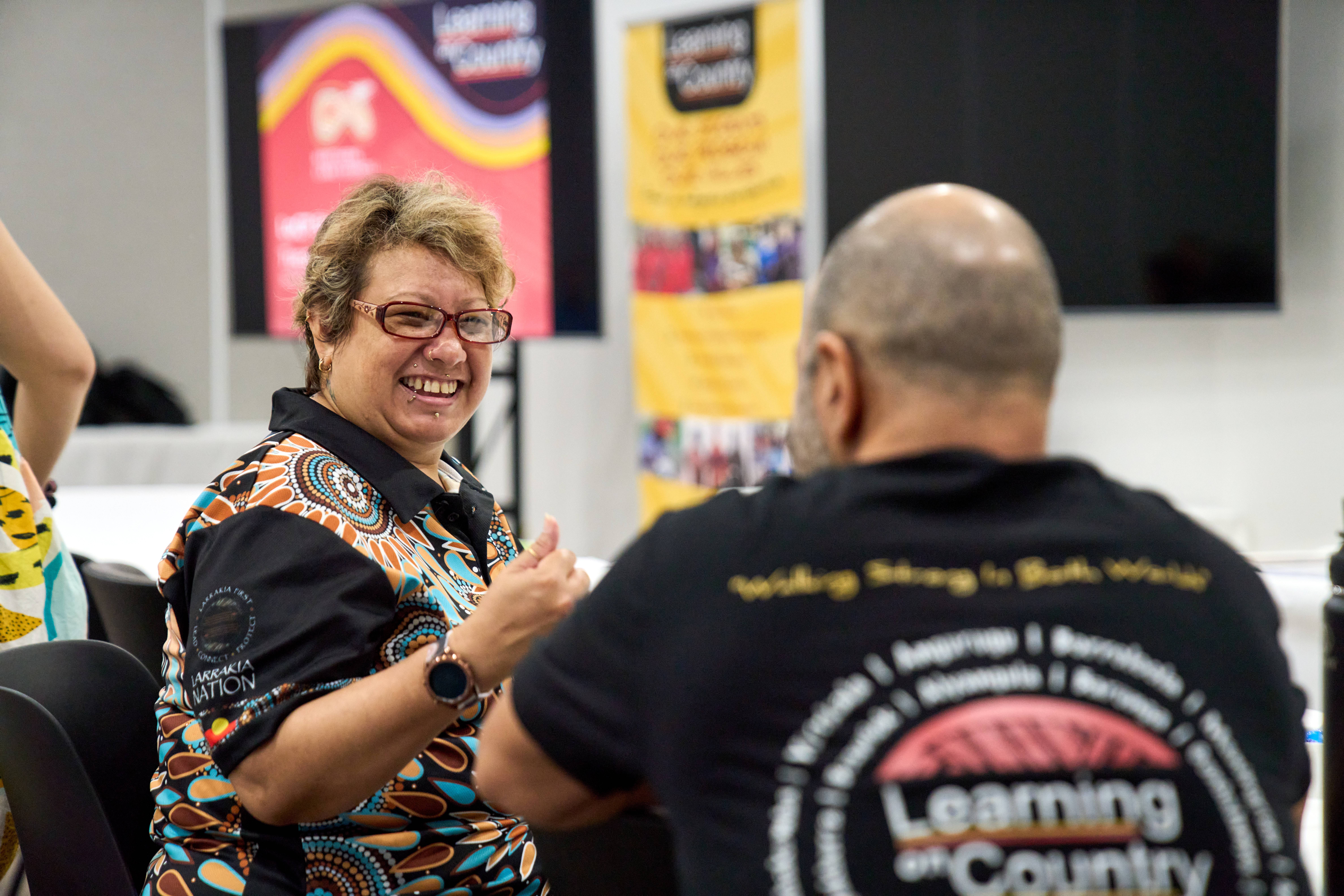
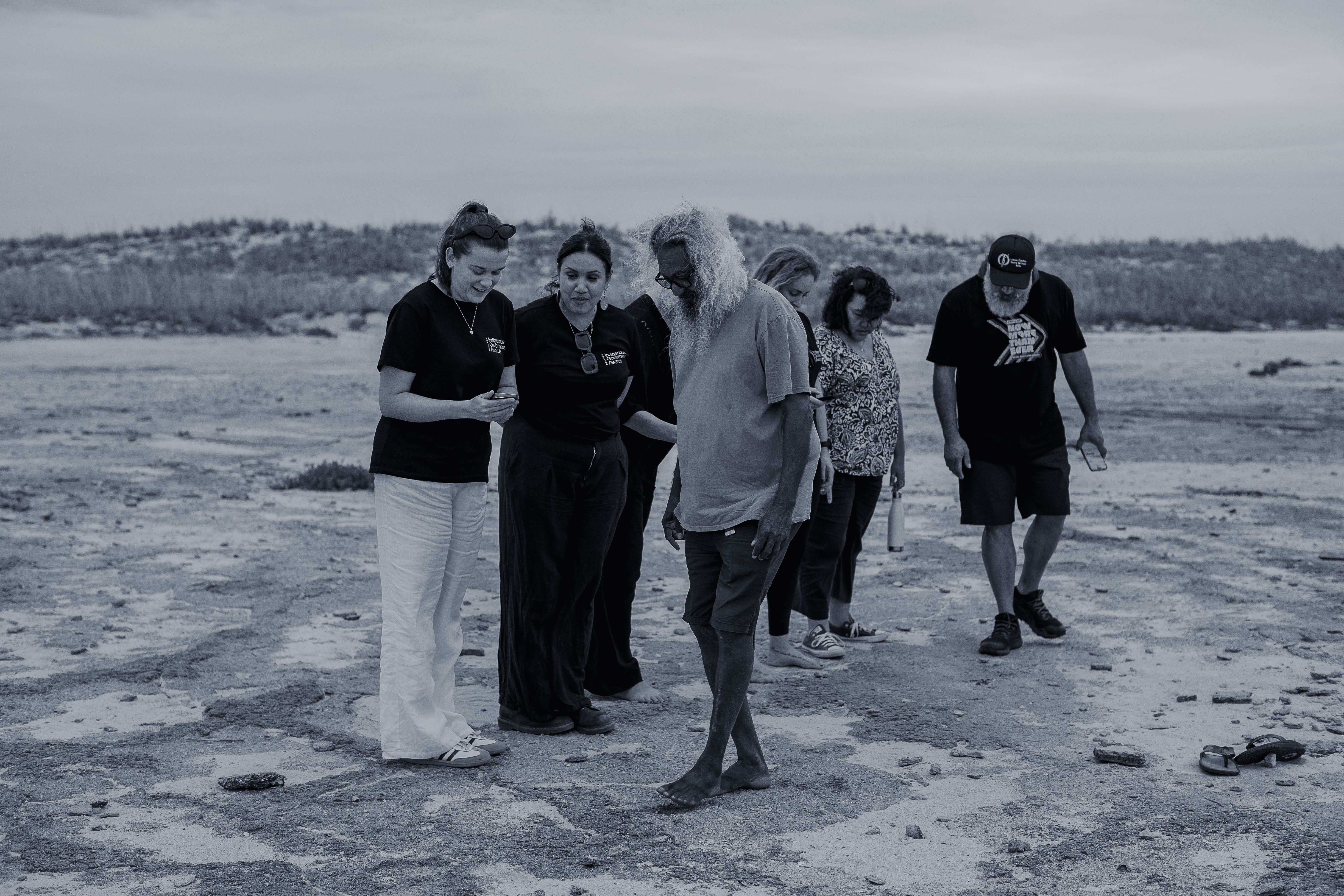
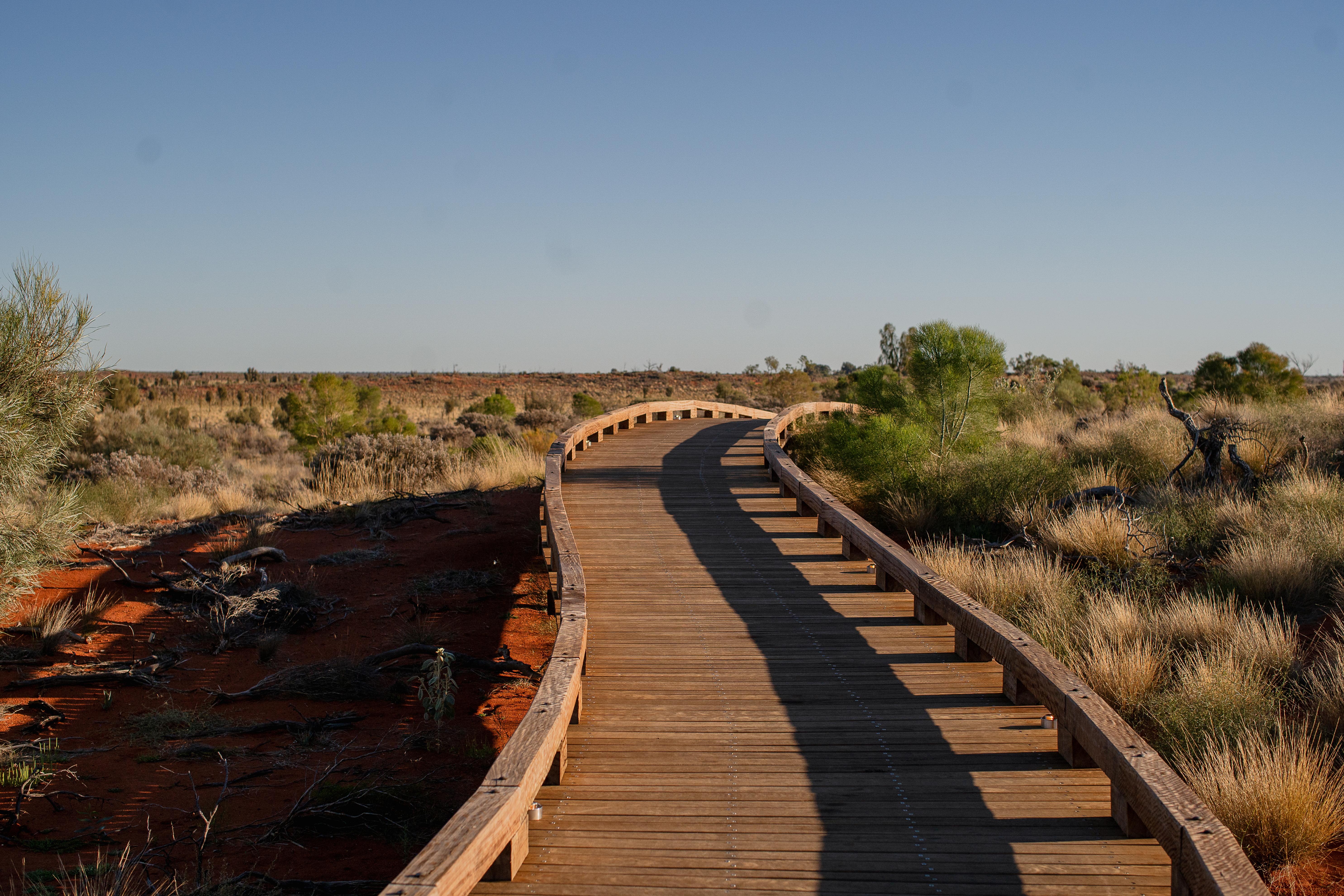
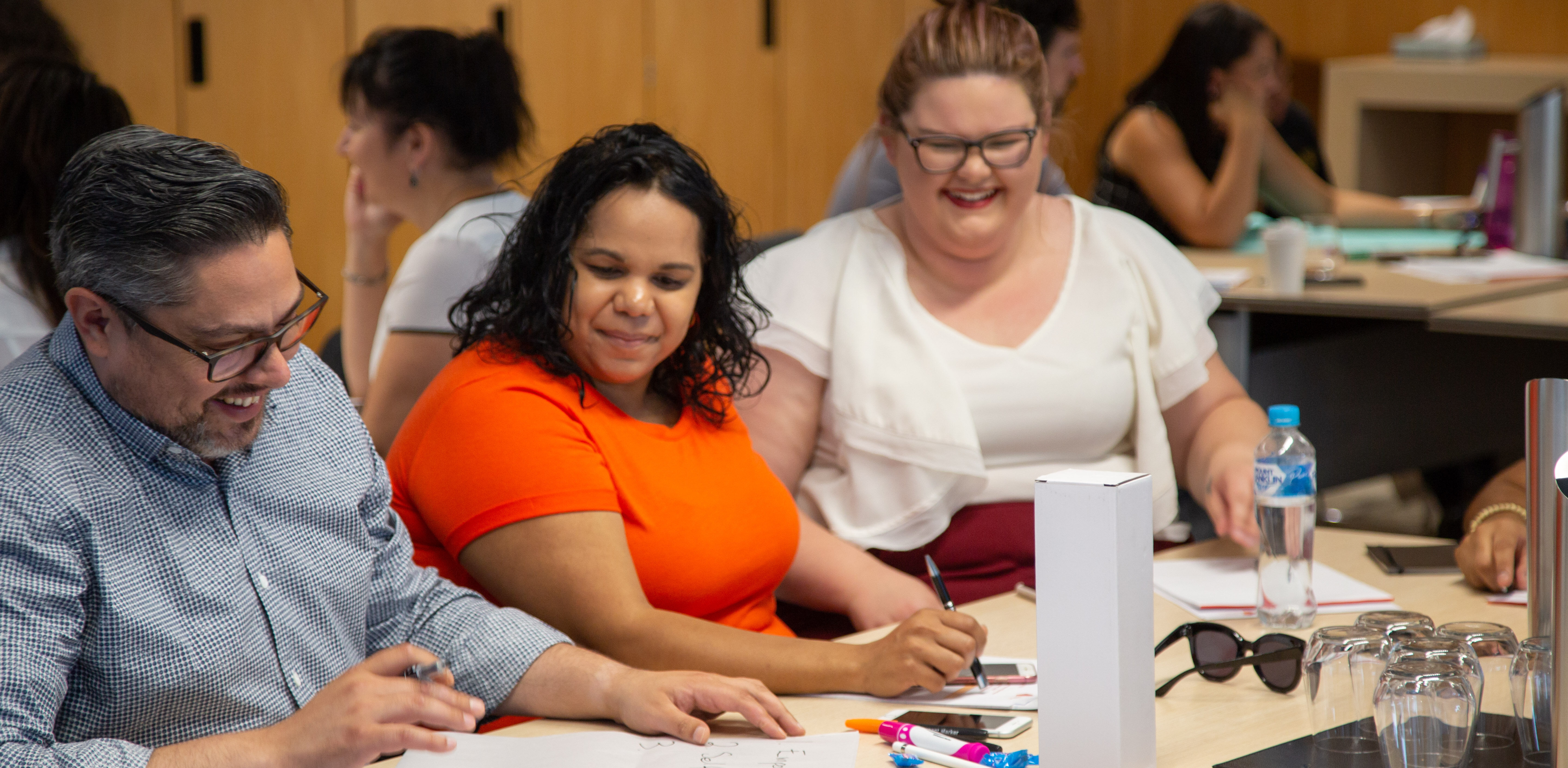

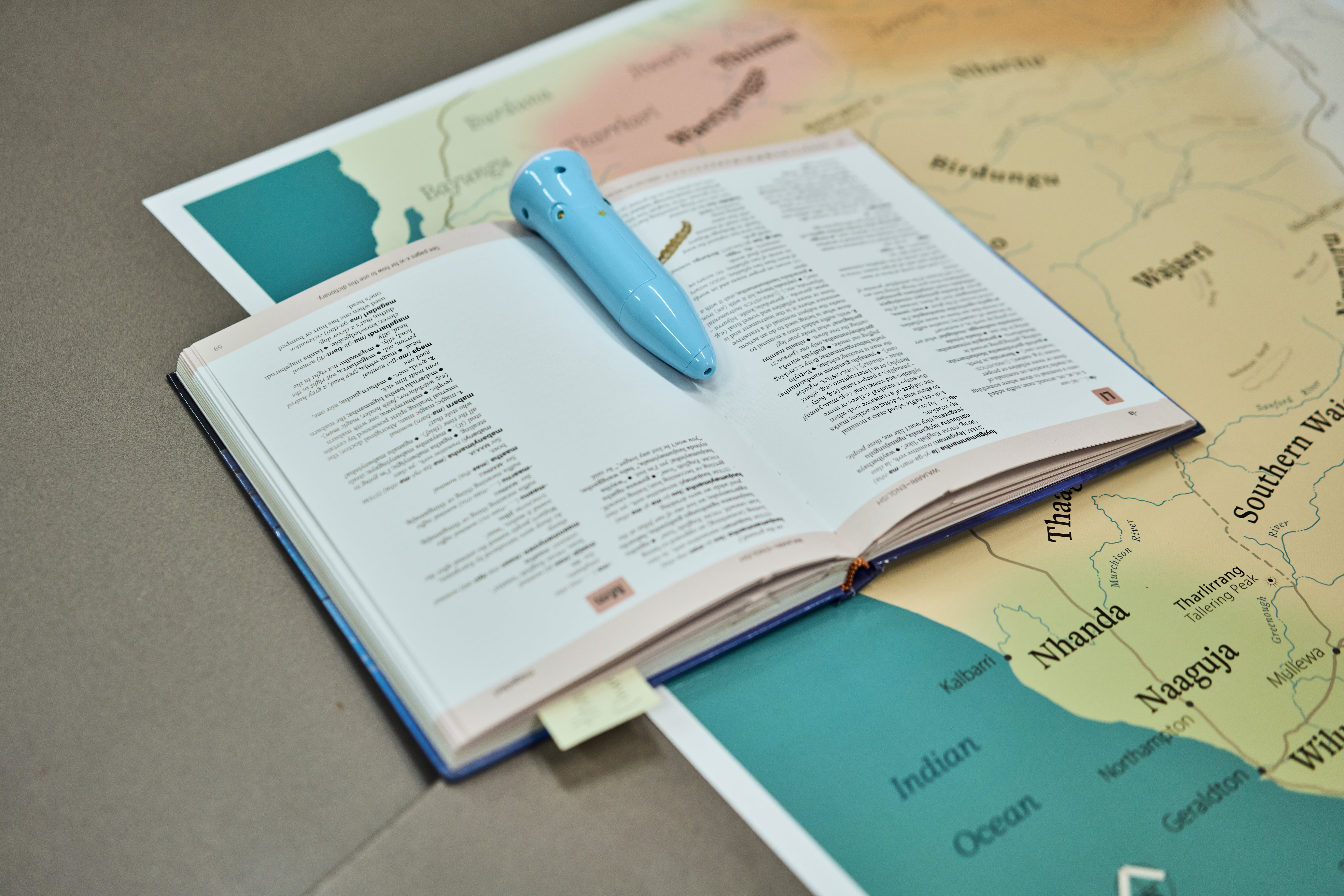

.png)

